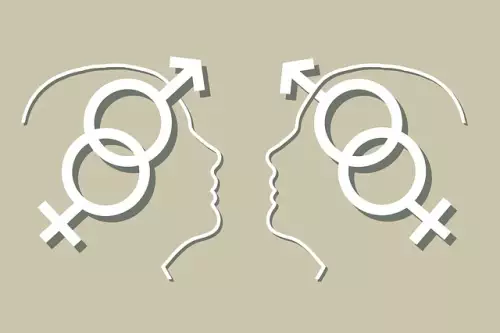
“Embracing Diversity in Fantasy: A Celebration of Inclusion in MTG”
Last week, Magic: The Gathering’s chief designer Mark Rosewater provided a thoughtful response to two particularly challenging questions submitted to his blog. In his answers, he advocates for marginalized groups – including transgender individuals, people of color, and women – addressing prejudice, and further solidifying his stance that MTG is a hobby designed for all types of individuals to take pride in.
In the first inquiry, which Rosewater posted originally on February 6, the questioner expresses concern that the forthcoming Lorwyn set “Will be ruined by [some art style they don’t appreciate and] the real-world political agenda (not so) subtly pushed in recent sets.” They continue to state that “We want to see” stories featuring faeries, kithkins, elves, goblins, giants, merfolk, and elementals in their enchanting fantasy realm, explicitly excluding “trans they/them faeries that think they’re kithkins.”
In his reply, Rosewater remarks that “For far too long, fantasy as a genre has been utilized to mirror the worldview of those in authority. It leaned into stereotypes and echoed how the privileged envisioned the world.” He emphasizes that modern fantasy should embrace a variety of lived experiences, rather than repeatedly validating outdated perspectives.
“Trans individuals, people of color, and women having a more significant impact are all aspects of contemporary fantasy because they are all part of the real world, and it’s essential that our narratives and world building reflect this.” He concludes with a message of hope, stating that “Entertainment thrives when it elevates everyone and is not used as another way to dismiss certain people’s realities.”
In the second inquiry Rosewater chose to respond to, he posted on Sunday, providing a much deeper exploration of the topic. This time, the questioner seems to take issue with Magic: The Gathering’s “Push toward DEI”: diversity, equity, and inclusion. They specifically mention Captain Sisay, a character who is both black and female.
“I worry if you were to do it again, Gerrard would be trans, black, and disabled just for the sake of it. It also diminishes the story of world destruction when characters are more concerned about their gender than Bolas annihilating everything,” the questioner laments.
In his response, Rosewater points out that even the term ‘push’ suggests that “It feels unnatural, as if we’re imposing something that shouldn’t be here organically.”
Weekly summaries, stories from the communities you appreciate, and more
You could almost hear his knuckles crack and the movement toward the keyboard as Rosewater invests what commenters perceive to be “A little over an hour since the last post” drafting his thoughtful reply.
“Imagine if every time you turned on the TV or watched a movie, no one looked like you,” he begins, tapping into the frustration stemming from a lack of visible representation as a Jewish citizen in the U.S. “You just feel invisible and like an outsider.”
Rosewater, fully aware of his privilege, admits, “I don’t think we did justice to Sisay as a character. Neither Michael nor I understand what it’s like to be a black woman. We also never consulted someone who does.”
He encourages individuals to consider what it would feel like to have a movie made about your life, one that is not reflective of your existence in any way, shape, or form, aside from showing your image. By releasing that film into the world, people might wrongly assume “That was what you were like […] because they had seen the film.”
“That’s what misrepresenting people does. It not only makes them feel unrecognized, it also distorts their representation, perpetuating lies and often stereotypes, leading people to believe things about them that aren’t true.”
It’s clear that this is a matter Rosewater cares deeply about. To emphasize the point, he quotes “When you’re accustomed to privilege, equality feels like oppression,” making it evident that nothing is being taken away from MTG players by an increase in diversity. It simply feels that way due to their privilege.
